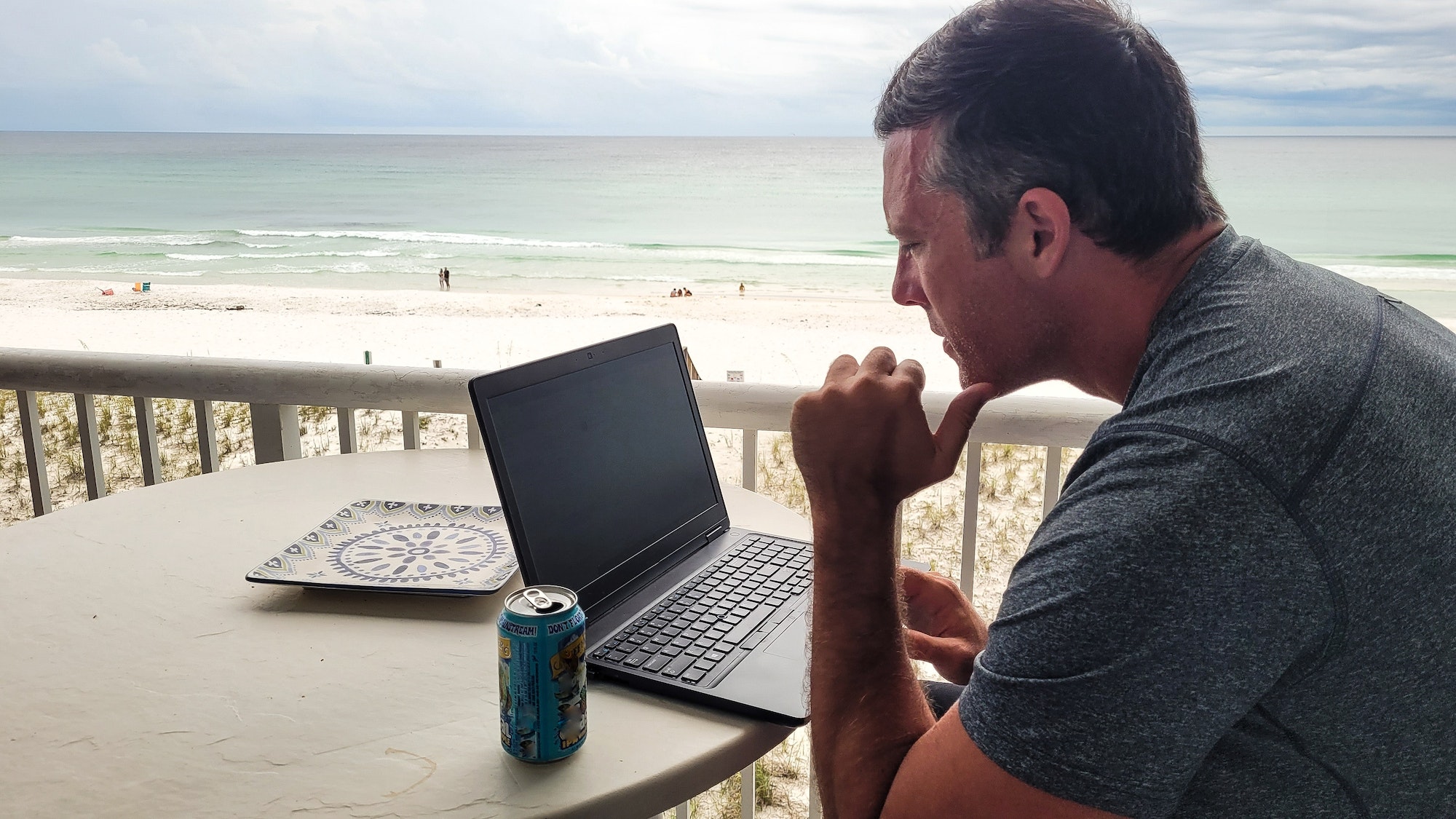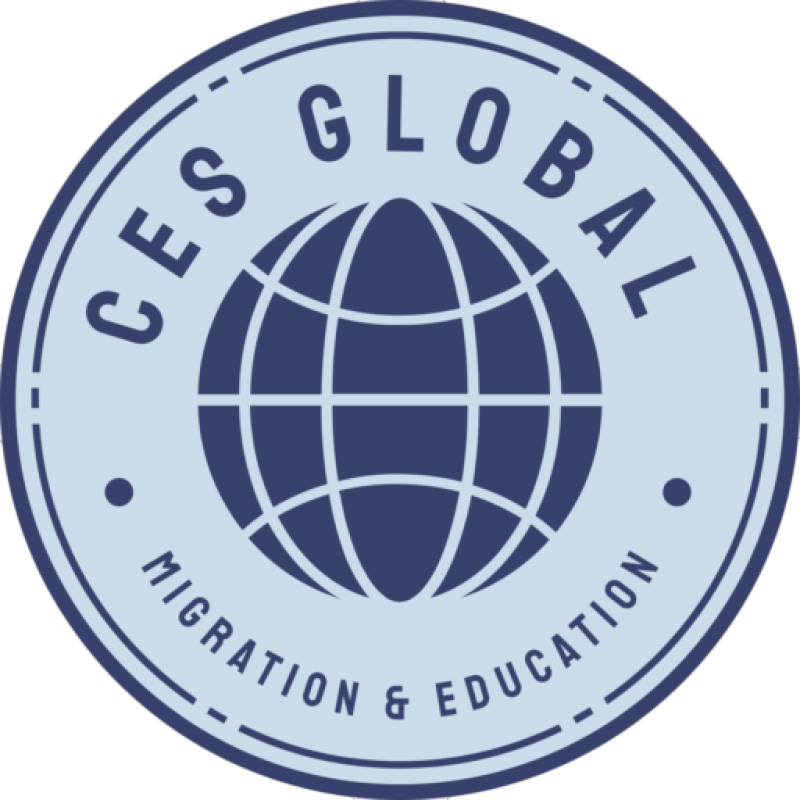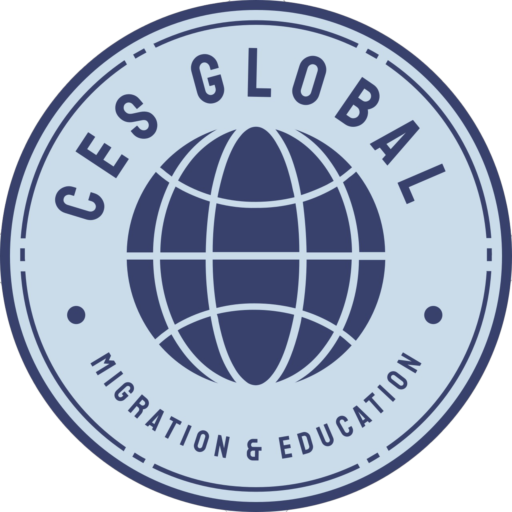- Melbourne Australia
- [email protected]
- Mon - Fri : 09:00 AM - 18:00 PM
Have Any Questions?
+61-411-623-620
Visa List
186 – Employer Nomination Scheme
187 – Regional Sponsored Migration Scheme (RSMS)
417 – Working Holiday visa
462 – Work and Holiday visa
482 – Temporary Skill Shortage (TSS) visa
Related Downloads
417 – Working Holiday visa
The Australia Working Holiday visa (subclass 417) allows travelers to explore the country for up to one year while also working to supplement their income. It’s an excellent option for tourists who want to experience Australia’s culture and lifestyle while earning some money on the side.
Individuals between the ages of 18 and 30 (inclusive) can apply for this visa, provided they have not turned 31 at the time of their application. However, Irish and Canadian passport holders may apply until they turn 36.
To qualify for a second working holiday visa, applicants must have worked for at least three months in a regional area of Australia during their first working holiday.

Introduction
With a Working Holiday visa, you are allowed to enter Australia within a year of grant and stay for up to twelve months. The visa permits multiple entries, meaning you can leave and re-enter the country as many times as you like during its validity period.
The visa allows you to work temporarily to supplement your travel funds while in Australia. You may work for up to six months with one employer and study for up to four months.
If you complete at least three months of specified work in a regional area, you may be eligible to apply for a second working holiday visa.
In summary, the Working Holiday visa grants you permission to:
- Enter Australia within 12 months of visa grant
- Stay in Australia for up to 12 months
- Travel to and from Australia multiple times
- Study for up to 4 months
- Work for up to 6 months with a single employer
- Work for a previous employer for up to 6 months on a second working holiday visa
VISA APPLICANTS
First Working Holiday visa:
To be eligible for the initial Working Holiday visa, you must meet certain requirements. These requirements are:
- Be outside of Australia when applying for the visa and when it is granted.
- Be between the ages of 18 and 30 (inclusive) at the time of application. However, if you hold a Canadian or Irish passport, you can be up to 35 years old (inclusive).
- Apply within 12 months of your intended travel to Australia.
- Not have previously been to Australia on a Working Holiday Visa (subclass 417) or Work and Holiday Visa (subclass 462).
- Not have any dependent children with you while in Australia.
- Hold a passport from one of the eligible countries.
- Belgium
- Canada
- Republic of Cyprus
- Denmark
- Estonia
- Finland
- France
- Germany
- Hong Kong
- Republic of Ireland
- Italy
- Japan
- Republic of Korea
- Malta
- Netherlands
- Norway
- Sweden
- Taiwan
- United Kingdom
Note: Your age will be calculated based on the Australian Eastern Standard Time (AEST). Therefore, it is recommended that you do not delay your application until you are nearly 31 years old.
If you wish to have dependent children accompany you to Australia, you should apply for a tourist visa. If you have dependent children who will not accompany you, you must apply using a paper application form, as this application cannot be processed online.
Second Working Holiday visa:
To be eligible for the second Working Holiday visa, you must meet certain requirements. These requirements are:
- Have completed three months of specified work in regional Australia. There is no requirement to complete additional specified work for the second visa.
- Be between the ages of 18 and 30 (inclusive) at the time of application.
- Apply within 12 months of your intended travel to Australia if applying from outside of Australia.
- Not have previously been to Australia on a Work and Holiday Visa (subclass 462).
- Not have any dependent children with you while in Australia.
Note: If you wish to have dependent children accompany you to Australia, you should apply for a tourist visa. If you have dependent children who will not accompany you, you must apply using a paper application form, as this application cannot be processed online.
During the first part of your holiday, you will need to demonstrate that you have sufficient funds to support yourself. The amount needed may vary depending on the length of your stay, but generally, having access to $5000 will be considered sufficient.
In addition, you will need to have a return ticket or a ticket for onward travel to another destination.
You may be asked to provide evidence of your onward ticket.
All applicants must meet specific health standards as part of the visa application process. In certain cases, you may be required to undergo a medical examination, which could include a chest x-ray, as well as tests for Hepatitis B and/or Hepatitis C and HIV.
Please be aware that a decision on your visa application can only be made after all required examinations have been completed, and that the cost of any health examination is not included in the visa application fee.
It is important to note that the processing time for some of these examinations can be lengthy, so please take this into account when planning your travel to Australia.
Australia has a reciprocal healthcare agreement with some countries. This means that if you are a resident of one of these countries, you may be entitled to limited access to Australia's medical services for medically necessary treatment. However, this agreement may not cover all medical costs, so it is still recommended that you obtain private health insurance or travel insurance to cover any additional costs.
If your country does not have a reciprocal healthcare agreement with Australia, you will not be covered by the Australian national health scheme. As a result, medical treatment can be very expensive. Therefore, we strongly recommend that you obtain health insurance or travel insurance that covers medical expenses in case of an emergency.
To find out if your country has a reciprocal healthcare agreement with Australia, please contact your local authorities or visit the Medicare Australia website for more information.
TYPE OF WORK
- plant and animal cultivation
- fishing and pearling
- tree farming and felling
- mining
- construction
Plant and animal cultivation may include tasks such as harvesting, picking, pruning, trimming, cultivating, propagating, and immediate processing of plant or animal products for commercial sale. General garden maintenance or maintaining animals for tourism or recreational purposes is not eligible.
Fishing and pearling involve operations directly related to taking or catching fish and other aquatic species or culturing pearls or pearl shells.
Tree farming and felling may include planting, tending, and felling trees in a plantation or forest, as well as transporting them to be milled or processed.
Mining covers coal mining, oil and gas extraction, metal ore mining, construction material mining, non-metallic mineral mining and quarrying exploration, and mining support services.
Construction work includes residential and non-residential building construction, heavy and civil engineering construction, land development and site preparation services, building structure, installation, and completion services, and other construction services.
Specified work must be listed above, be the primary role or function of the applicant's employment, and appear in the ANZSIC division for mining and construction. Supporting work, such as bookkeeping, does not meet the definition of specified work.
Examples of eligible specified work include picking fruits on an orchard, herding cattle on a farm, horse breeding and stud farming, landscaping construction or house site grounds, painting the interior or exterior of new buildings, conservation and environmental reforestation work, zoo work involving plant or animal cultivation, erecting fences on a construction site, and scaffolding.

